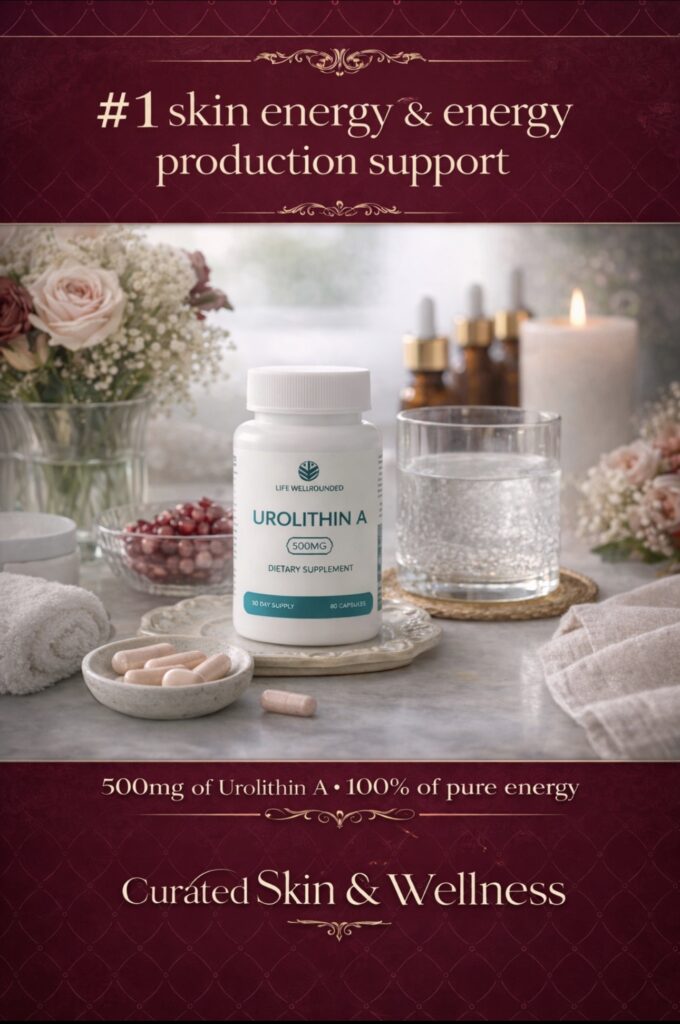Acne is a multifaceted skin condition that affects millions of people, of all ages, globally. Although it may be one of the most common skin issues, it can be challenging to treat effectively and there is a lot of misinformation surrounding how best to treat an acne skin. Understanding its complexities and adopting complementary lifestyle practices alongside effective targeted skincare can significantly improve skin health. Luckily, the professional skincare industry has grown to understand more about the causative factors, and the different form of acne – for example inflamed acne (think red painful pus filled pimples, swelling and tenderness) vs non inflamed acne (think a pebbly texture to skin, with whiteheads and blackheads but no redness or pain) and there are many effective treatment strategies, embracing innovative key ingredients to target each form, It is also important to consider lifestyle habits in order to help achieve clearer skin.
Understanding Acne
Acne can fundamentally be considered a wound, necessitating a holistic approach to treatment. Inflamed lesions can be inflamed and painful, often leading to scarring. Therefore, employing wound-healing practices is often a part of an acne treatment regimen.
Is Exfoliation Necessary?
There are different thoughts on this topic – from peel the acne away to never ever exfoliate, let the skin repair itself. As usual, there is a fragment of truth in both extreme opinions, but exfoliation is vital for promoting cell turnover, with the caveat that it requires balance. Over-exfoliating can irritate the skin, provoking an inflammatory response which will aggravate and worsen skin, while under-exfoliating leads to clogged pores and rough texture – which leads to further breakouts. At Curated Skin and Wellness, I aim for gentle exfoliation with ingredients like mandelic and shikimic acid, or specific anti-inflammatory enzymes like cocoa or caviar lime to remove redundant skin cells and prevent a build-up that can contribute to breakouts.
Importance of Skin Biome
Maintaining a balanced skin biome is crucial for managing acne effectively. The skin is home to a diverse community of microorganisms, including bacteria, fungi, and viruses, which play a vital role in skin health. When this delicate ecosystem is disrupted—due to factors like harsh skincare products, hormonal fluctuations, diet, or environmental stressors—harmful bacteria can flourish, leading to inflammation and breakouts. By nurturing a balanced skin biome through gentle cleansing, pre and probiotics,(both internally and topically) and a healthy diet, we can support the skin’s natural defences, reduce acne flare-ups, and promote a clearer, healthier complexion.
After much research, I have chosen to work with ingredients shown to be particularly beneficial in gently combating acne, these include but are not limited to topical ingredients that have an anti-Inflammatory acyion and antioxidants such as
Niacinamide (AKA B3) Reduces redness and soothes inflammation.
REGU®-SEB which works by inhibiting the 5α-reductase enzyme, (enzyme responsible for converting testosterone into dihydrotestosterone (DHT), a hormone that can stimulate sebum production). It is a combination of Argan oil, Saw Palmetto, Sesame oil, and various Plantesterols.
Peptides that reinforce skin’s natural immunity
Anti-Bacterial Ingredients
Benzoyl Peroxide:A traditional ingredient known to reduce acne-causing bacteria effectively, but equally known to cause dryness and irritation. I chose to work with an encapsulated form, which increases effectiveness while reducing irritation potential
Vitamin C: The correct form of Vitamin C formulated well can protect against environmental stressors and aids healing.
I also lean to good internal support with carefully curated supplements (“supplement” being the key word) these internal are best used to aid good diet and lifestyle choices – not replace them.
Supporting Skin Health
Supporting the skin barrier is essential. I will always recommend non-comedogenic moisturisers that hydrate without clogging pores. Regulating keratin production is also crucial for maintaining healthy skin, hair, and nails, making retinoids (various forms of Vitamin A) a valuable addition to your acne combatting regimen.
My Best Advice: Have Realistic Expectations
Acne treatments require patience. While some may see improvements within weeks, others might take months. Having realistic expectations and adhering to a consistent regimen is vital for achieving desired results.
Best Lifestyle Practices for Managing Acne
1. Maintain a Healthy Diet
I want to be clear about this vital yet often overlooked topic: there is a definite link between our diet, mental well-being, and skin health. This isn’t about restrictions or guilt, but more about understanding how our food choices can impact our mood and skin clarity.
The Brain-Gut-Skin Connection
The connection between our brain, gut, and skin is real. They communicate through hormones and neurotransmitters, meaning that imbalances in one area can affect the others. For instance, stress can disrupt gut health, leading to inflammation that may impact both mood and skin condition.
Nutrients for Clearer Skin
Omega-3 Fatty Acids
These healthy fats help reduce inflammation and support skin and brain function. A balanced intake (ideally a 1:2 to 1:4 ratio of Omega-3 to Omega-6) is crucial for skin health. Food sources include fatty fish, flaxseeds, and walnuts.
B Vitamins
Essential for mood regulation and skin health, B vitamins support neurotransmitter production and skin barrier function. Food sources include leafy greens, lentils, and eggs, but moderation is key for those sensitive to certain foods.
Magnesium
Known as the relaxation mineral, magnesium helps manage stress and inflammation. Foods like pumpkin seeds and spinach can enhance both mental and skin health.
Probiotics & Prebiotics
A healthy gut microbiome supports mood and skin clarity. Incorporate fermented foods and fibre-rich options to nourish your gut.
The “Villains” in Food Groups
When it comes to sugar, dairy, and bread, reactions can vary widely. Instead of labelling foods as good or bad, consider how they make you feel. Keeping a food journal can help identify what works for you.
Ultimately, there’s no one-size-fits-all diet for clear skin and good mental health. Focus on nourishing your body with intention and joy, and remember that wellness is about care and consistency, not rigidity.
2. Stay Hydrated
Hydration is crucial for skin vitality. Aim for at least 8 glasses of water daily and incorporate water-rich foods to support skin health.
3. Practice Good Skincare Hygiene
Cleanse Every Night (regardless of how tired you are): Use a gentle, acne friendly cleanser to remove surface debris and balance skin barrier.
Use a Professionally recommended moisturiser (& serum if applicable) I know the ingredients in the skincare I recommend for you – so less chance of stalling your results!
Avoid Touching Your Face: Your hands aren’t as clean as you think they are!
Change Pillowcases Regularly: Clean pillowcases help avoid irritants.
4. Manage Stress
Stress can trigger hormonal changes that exacerbate acne. Effective stress management techniques include:
Mindfulness and Meditation: Practices like yoga can lower stress levels, deliberate and mindful breathing is also a quick and sure fire way to reduce stress- You can practice this anywhere.
Regular Exercise: Physical activity boosts mood and reduces stress. Preferably at least some time spent exercising outdoors at sunrise/sunset – visible light at this time helps reset circadian rhythms and reduce stress.
Adequate Quality Sleep: Aim for regular bedtime and waketime with deep sleep and good sleep hygiene to allow skin repair.
5. Professional Grade Treatments
Each acne skin is different, and requires a customised approach. In studio, depending on your acne type and skin health/habits – I may recommend gentle charcoal detoxifying mask combined with a powerful oxygenating treatment, or I may recommend a course of skin supportive peels , or microneedling – and as your skin health improves and your needs change, so will the treatment plan I recommend for you. There is no “one size fits all” at Curated Skin and Wellness
6. Regular Skincare Check-ups
Regular visits to Curated Skin and Wellness ensure you stay on track with your acne treatment plan and can address any emerging concerns.
Managing acne requires a comprehensive approach that combines effective treatment strategies with healthy lifestyle practices. By understanding the nature of acne, employing beneficial ingredients, and adopting good habits, you pave the way for clearer, healthier skin. Patience and consistency are key, but with the right regimen and lifestyle choices, together, we can achieve the skin you desire.


